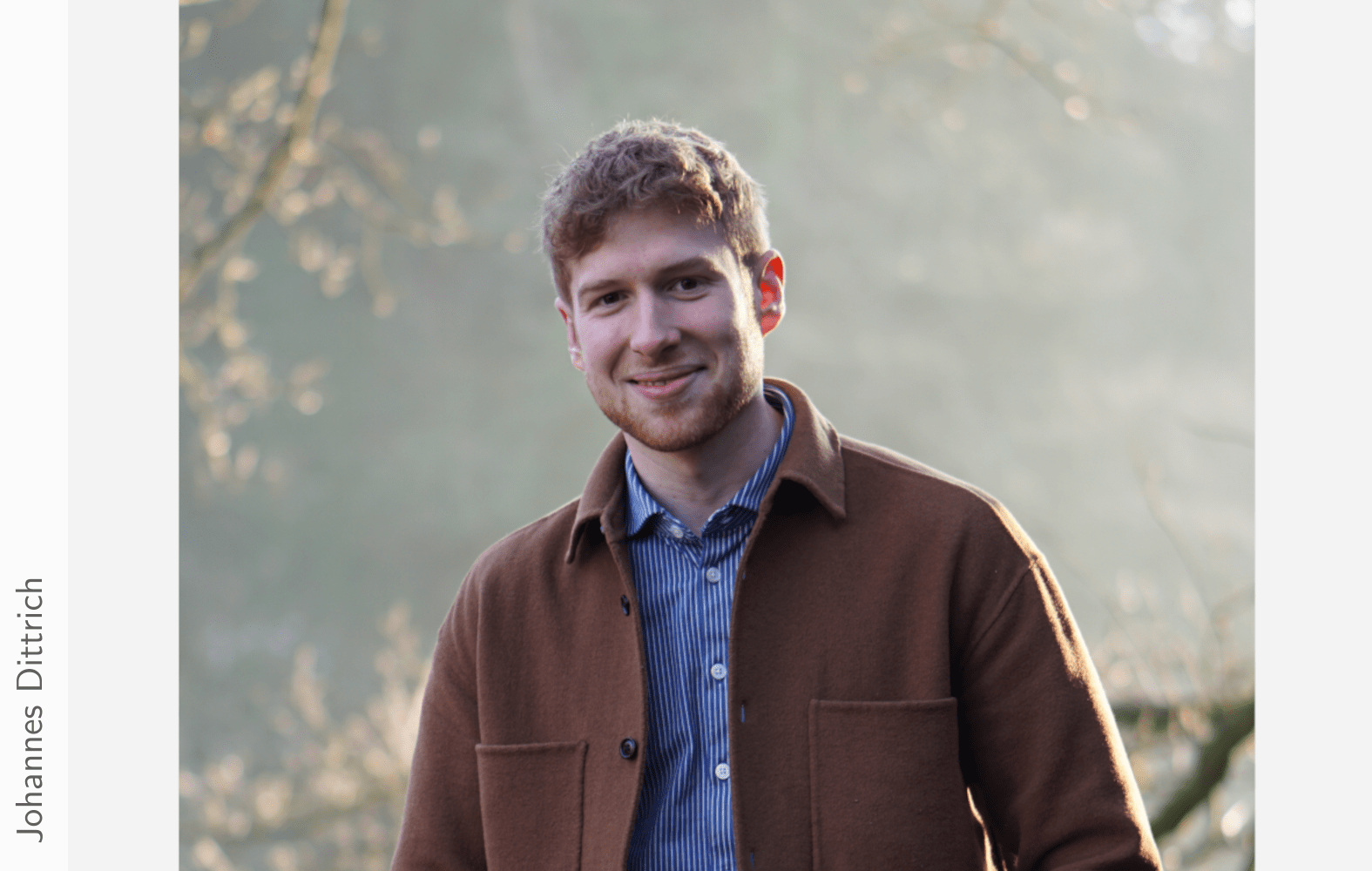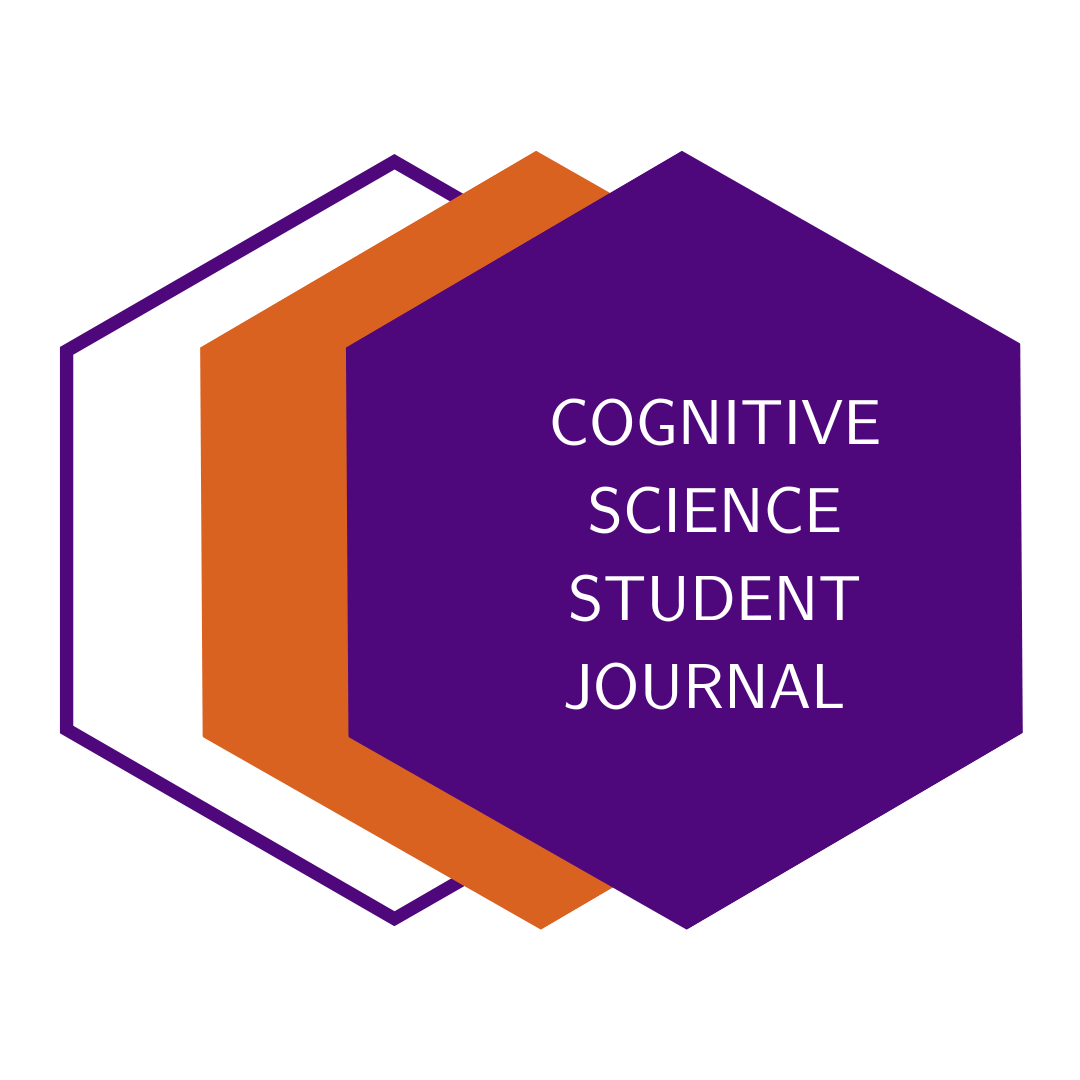Can you introduce yourself and tell us what you are doing now?
I am an adventurer, explorer, and entrepreneur with a deep love for life and learning. Currently I am pursuing a Master’s in Data Science at ETH Zurich and founded a startup (greenWAI) that focuses on optimizing traffic light systems.
What student work have you done at University that led you where you are now?
I have done many practical projects, ranging from programming chess games to developing deep reinforcement learning agents. My Bachelor’s thesis, conducted in collaboration with Cambridge Cares in Singapore, was a significant part of my journey, where I met many great scientists. Especially the flexibility to choose already from the first semester motivated me to dive deep into my interests.
What are the essential skills that you acquired during your studies in Cognitive Science that turned out to be helpful in your career/current job?
The essential skills I acquired include curiosity, the ability to plan strategically from a long-term goal to present actions, and openness. Coming from a small village, the diversity in Osnabrück was eye-opening, and I truly appreciated this aspect of coxis.
What was your favorite course/seminar?
Deep Reinforcement Learning. I am grateful for the patience of Leon. I took this course in my first semester when I did not even know GitHub. Each week brought new ‘aha’ moments, and though it was challenging, I learned immensely. This course made later introductory AI courses much easier and interesting for me.
What would you do differently in your studies?
Due to COVID, I spent little time in Osnabrück while travelling to Central America, Middle East and South East Asia. In retrospect, I would have visited the university more often to engage with people.
Initially, I focused primarily on AI, but looking back, I would have benefited from attending a broader range of lectures and discussions.
In their paper „Generating Fantasy Planets with Generative Adversarial Networks“ Maximilian Kalcher and Christian Burmester implemented Generative Adversarial Networks that create planets realistically. This seems to be one of the examples how to use Generative AI. What other domain could be interesting for implementing an Generative AI?
Generative models can be useful for all kind of data generation task. E.g. in the ML security / privacy domain to generate synthetic training data given sensitive attributes which you don’t want to leak (e.g hospital). Furthermore it is used to create fair models, by encoding the data, ensuring that the hidden space distribution of the class (e.g. gender male and female) is similar, so that the final prediction is the same for the sensitive class (gender) to be fair. I believe in the next couple of years besides the consumer GenerativeAI (chatGPT etc.) we have two main advantages:
– Generating high quality training data from a given distribution, e.g. where training data is expensive and rare (real life reinforcement learning, medical domain etc.)
– Fine-tuning underlying foundation models to specific tasks (legal-, medical-, education GenAi)
There are also several kinds of Generative AI – ChatGPT and mind journey are arguably the most popular ones. Do you personally use them and do you have additional recommendations?
Every day there are new tools. I can recommend trying out AutoGen. For LLMs it’s much easier to distinguish correct answers from wrong answers, then to come up with the correct answer itself. In that tool you can simulate conversations with multiple ChatGPT agents which improve each others response: E.g. one just gives the other feedback, which can then improve its response again.
I use ChatGPT many hours per day. For example, I’ve learned basic Arabic with ChatGPT, which could explain me the pronunciation and give me memory bridges and the vocabulary which is interesting to me. I can definitely recommend to be creative and to try it out for use cases you never thought of before. Most I can recommend it for generating examples which makes something more intuitive for you.


